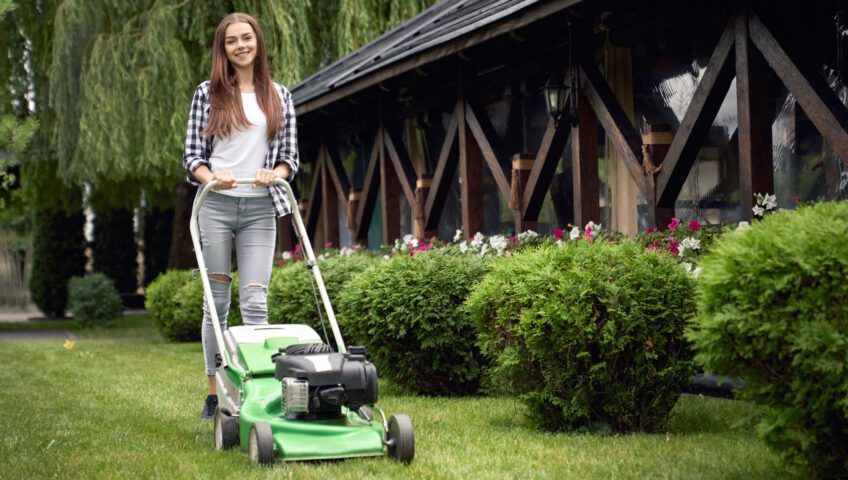As the colder temperatures make their way to the Sunshine State, Floridians gear up for changes in their lawns. The vibrant green landscapes that define Florida are not exempt from the seasonal shifts, and understanding how to care for your lawn during the cooler months is crucial to maintaining its health and beauty.
Dormancy and slowdown
The arrival of colder temperatures signals a temporary retreat for Bahia grass, wild Bermuda grass and other varieties. These warm-season grasses enter a dormant state, conserving energy for the warmer days ahead. Winter brings a noticeable change to crabgrass, which also turns brown and goes dormant.
St. Augustine grass, a staple in many Florida lawns, exhibits a noticeable slowdown in growth during the winter months, which means less-frequent mowing. It, too, can go dormant or semi-dormant.
The browning of these grasses is a natural part of their lifecycle, and homeowners need not be alarmed.
Brown-patch fungus alert
Winter also brings an increased risk of brown-patch fungus, a common issue in Florida lawns during the cooler months. To combat this, it’s advisable to reduce watering frequency. We recommend you avoid watering in the earlier evening hours (4 to 12 p.m.) and choose a time between 1 and 7 a.m. Overwatering can contribute to fungus growth, so the key is to water only as needed.
Recognizing when your grass needs water is crucial for maintaining a healthy lawn. Look out for signs such as leaf blades folding in half lengthwise to conserve water, a shift from green to a blue-gray tint, and visible footprints or tire tracks that remain long after they’re made. These indicators are your lawn’s way of communicating its hydration needs.
Mastering efficient watering
Efficient watering is a cornerstone of winter lawn care. Focus on wetting only the turf grass root zone, avoiding soil saturation and preventing water runoff. The early-morning watering times help ensure that the grass has ample time to absorb the moisture before the cooler evening temperatures set in.
Know your lawn
Adapting your lawn care routine to accommodate the seasonal changes is essential. Understanding the behavior of different grass types, keeping an eye out for signs of stress, and mastering efficient watering practices will help you nurture a healthy and resilient lawn that will bounce back with vigor when the warmth of spring returns.
If you need help keeping your lawn vibrant all year, call Slug-A-Bug at (321) 259-7844 for a free, no-obligation assessment.
